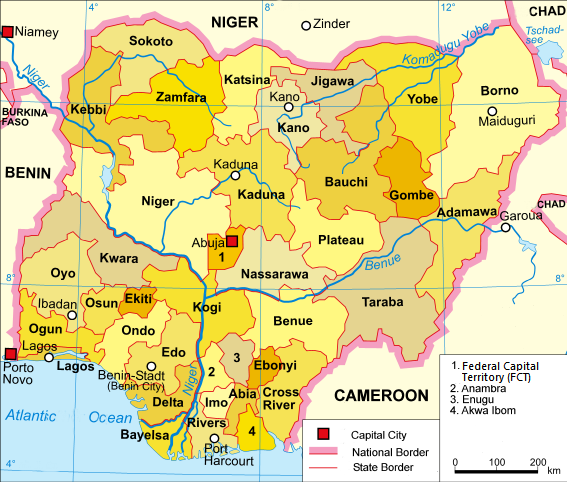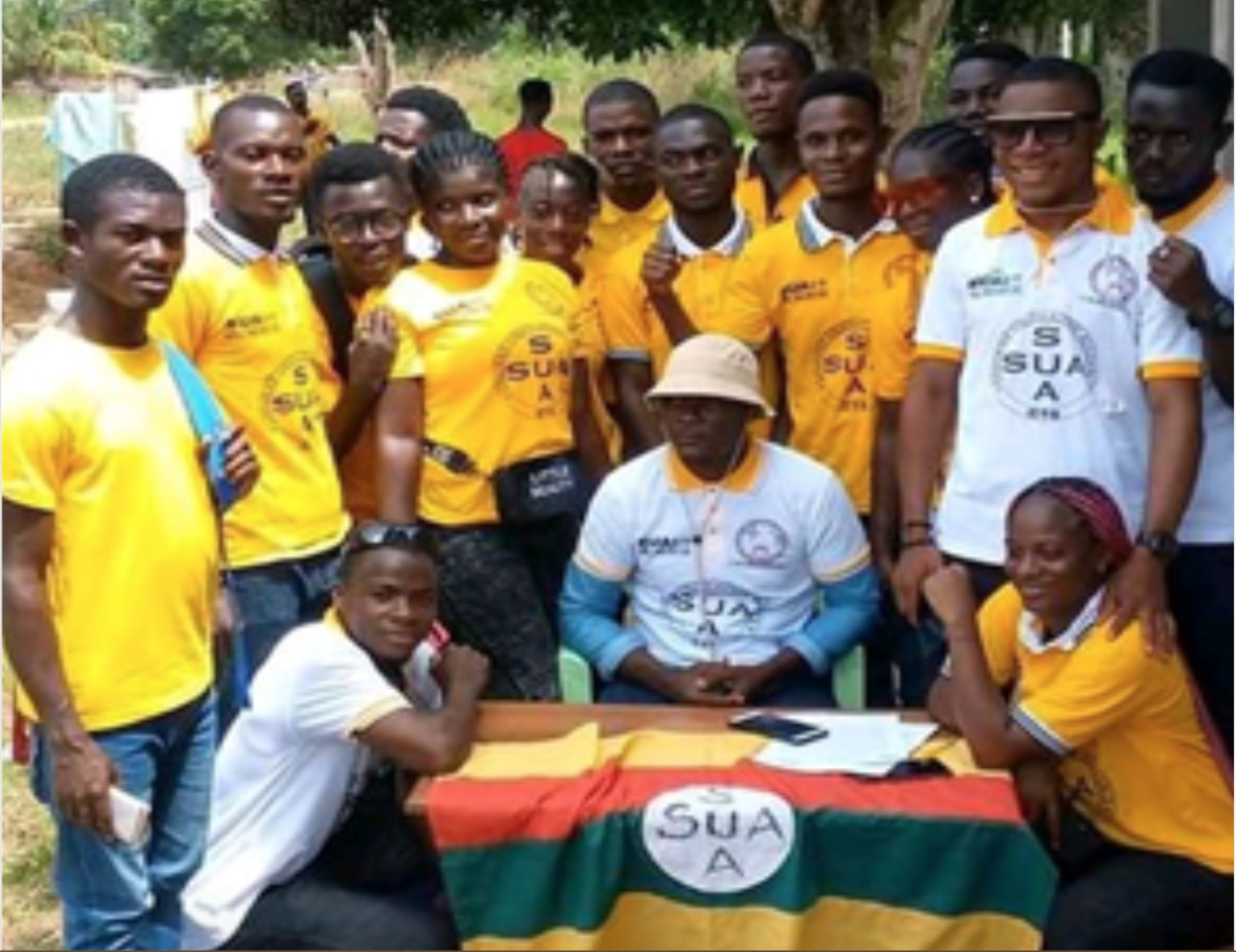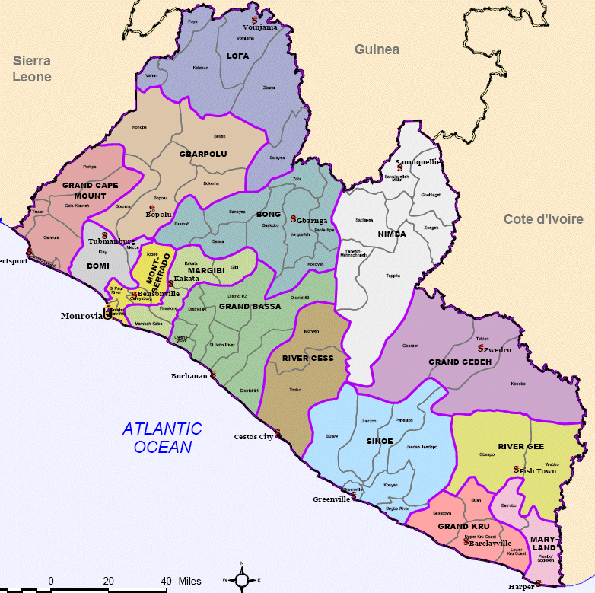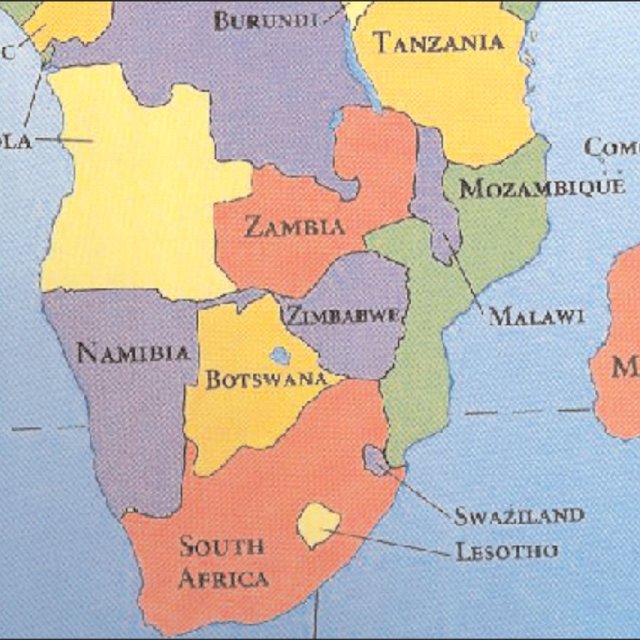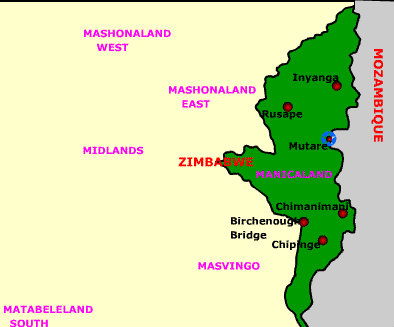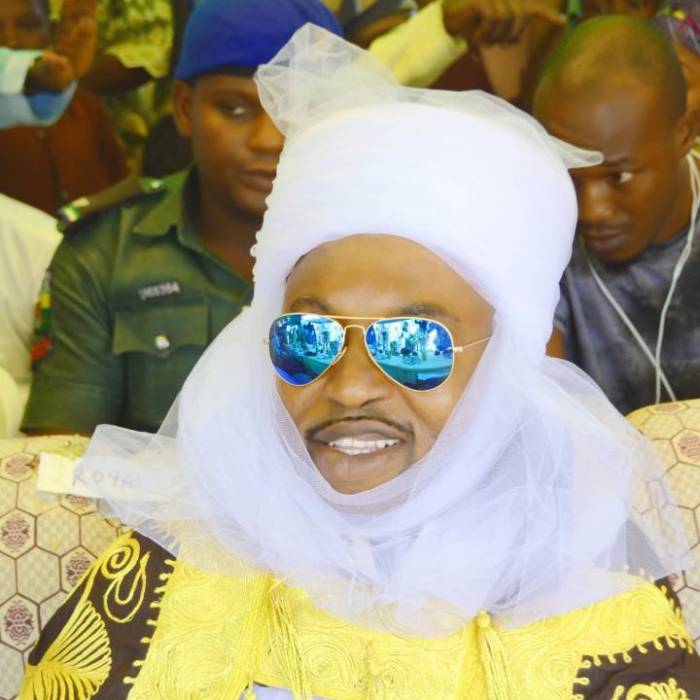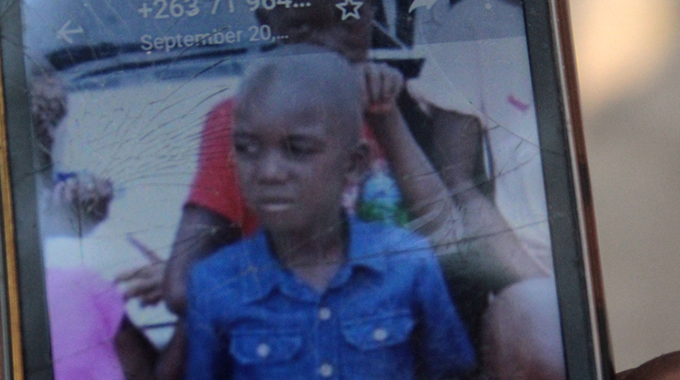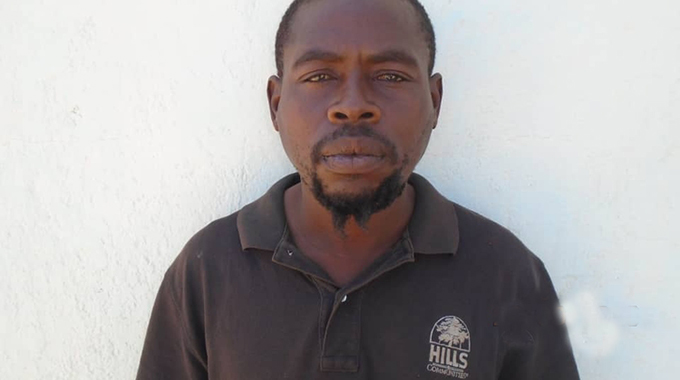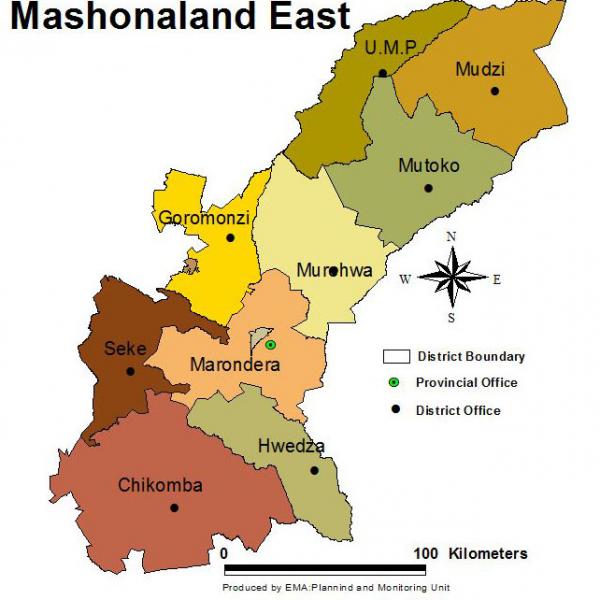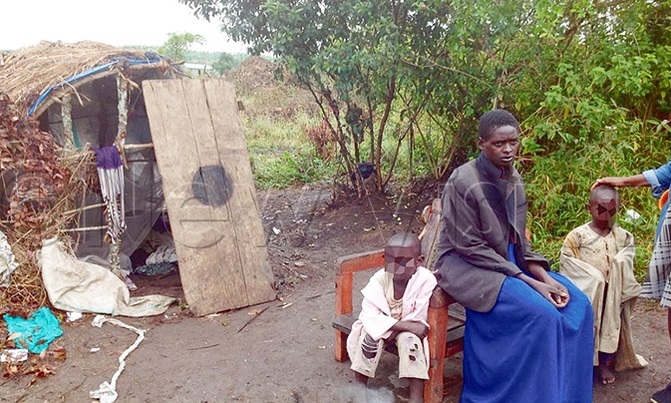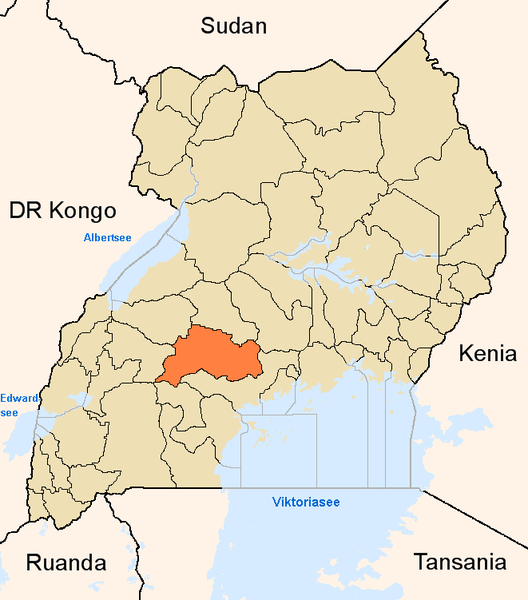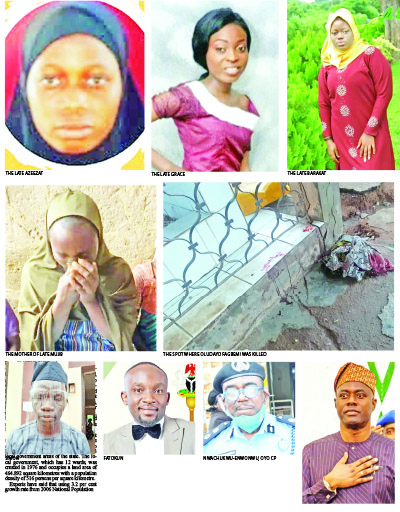Ritual murders, human sacrifices, money rituals, they recently resulted in the enactment of a law by the Ugandan parliament introducing the capital punishment for convicted perpetrators of these heinous crimes. Meanwhile reports on these atrocities continue to dominate the local news. It is again a shocking story.
In Jiira Village in Bbaale Sub-county, Kayunga District, a father allegedly killed his two young children (7 and 3 years old) for ‘money ritual’. The police had to intervene to prevent a crowd from attacking the 46-year old man and lynching him.
Kayunga District has a bad reputation for human sacrifice. In 2018, a witchdoctor was arrested with five bodies at his shrine. See for more details the second article below which also contains more child-sacrifice murder cases including one involving businessman Godfrey Kato Kajubi who was found guilty of murdering a 12-year-old boy for ritualistic purposes in October 2008.
Warning: some readers may find the following articles disturbing (webmaster FVDK).
Father arrested for allegedly killing his two children for money ritual
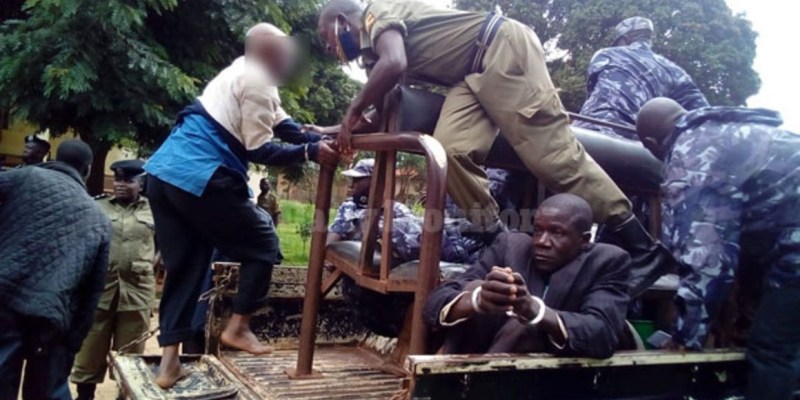
Published: May 16, 2021
By: The Street Journal – Jenny Ese Obukohwo
A 46-year-old man, Musilumu Mbwire, has been arrested for allegedly killing his two children for money ritual at Jiira Village in Bbaale Sub-county, Kayunga District, Uganda, Daily Monitor reports. (See below – webmaster FVDK)
The body of one of the two children, Latif Kamulasi, 7, was exhumed by police pathologists on Tuesday, May 13, but that of his sibling, 3-year-old Sahum Baizambona, could not be located after a long search.
The police say the father confessed to having slit his children’s throats after his employer asked for their blood promising to pay him Shs4 million and a commercial building at Bbaale trading centre.
“My boss promised me Shs4m and a house if I sacrificed my children and gave him the blood, but he has so far paid me Shs100,000,” the police quoted Mr Mbwire to have said.
His employer, however, has denied any involvement in the shocking killing. Both men are in custody at Kayunga Central Police Station to assist police with investigations into the outrageous deed.
The police say producing the suspects in court to be charged, has been delayed by public holidays for President Museveni’s swearing-in on Wednesday and Idd-ul-Fitr on Thursday.
Spokesperson of the Criminal Investigations Directorate spokesperson, Mr. Charles Twine, said during a media briefing two weeks ago, the suspect’s brother, Mr. Simon Kibubu, who lives in the same area, said he got concerned when he discovered that two of Mbwire’s children were missing.
“When Mr Kibubu asked his brother where the children were, he claimed he had taken them to their sister, Mary Kantono, who lives in the same parish,” Mr Twine said.
But when Mr. Kabubu asked Ms. Kantono about the children’s whereabouts, she said she was unaware. This prompted Mr. Kibubu to notify the area defense secretary, Mr. Asuman Bagala, and lodge a complaint with the police at Bbaale. The police then promptly arrested Mbwire.
Mr Twine and his team combed the bushes in Jjiira Village as the children’s father walked them from one spot to another to locate his children’s remains.
Three locations that Mr Mbwire had pointed out as burial spots turned out false, enraging more the charged crowd and police investigators. The crowd, among whom were relatives and residents, hurled insults and curses at the father.
Mr Mbwire then led the group to a site where they had burnt charcoal several months ago. There he was given a hoe and dug out lumps of damp and loosened soil with the help of some area residents.
More scoops yielded the decomposed body as tears rolled down the cheeks of some of the bystanders, who demanded the police surrender the suspect to them.
But the police quickly stepped in to shield Mr Mbwire from attack, but handed him gloves which he wore to scoop out the body of his son. Mr Twine said the suspect told them he buried Kamulasi in late March.
After exhuming the first body, the suspect led them to a forest where he said he had buried the second child, Baizambona. But the police failed to locate the body after digging up at several sites he had led them to. At 7pm, the police called off the search and promised to return later.
Mr Twine said they would resume the search this week and castigated people who look for wealth through human sacrifice.
“Wealth is gotten through hard work, not human sacrifice,” he warned.
The body of Kamulasi was taken to Mulago national referral hospital for a post-mortem as scene-of-crime officers and other detectives continue to gather more evidence.
Police said they plan to submit the case file to the resident state attorney soon for a decision on whether the preferred charge of murder against the suspects is sustainable.
Source: Father arrested for allegedly killing his two children for money ritual
Related article:
Father kills own children for cash

Published: May 15, 2021
By: Daily Monitor, Uganda – Fred Muzaale
Jiira Village in Bbaale Sub-county, Kayunga District, was on Tuesday engulfed in grief as police dug up the body of one of two children allegedly killed by their father in a suspected ritual sacrifice.
The residents, especially women, yelled and wailed as police pathologists exhumed the decomposed body of Latif Kamulasi, 7.
The body of his sibling, 3-year-old Sahum Baizambona, could not be located, even after a long search.
The police say the children’s father, Musilumu Mbwire, 46, confessed to have slit the throats of his two children after his employer asked for their blood on promise for Shs4 million payment.
A police detective knowledgeable about the inquiries said the suspect, during investigations, said he was promised a commercial building at Bbaale Trading Centre. But his employer has denied any involvement in the shocking killing.
By press time, both men were in custody at Kayunga Central Police Station to assist police with investigations into the outrageous deed.
The police say producing the suspects in court to be charged has been delayed by public holidays for President Museveni’s swearing-in on Wednesday and Idd-ul-Fitr on Thursday.
The grim incident comes only days after Parliament passed a law that criminalises human sacrifice.
The Prevention and Prohibition of Human Sacrifice legislation, introduced by Ayivu County MP Bernard Atiku, was enacted by Parliament last week and only awaits President Museveni’s approval to provide a death sentence as the highest penalty for any person convicted of the offence.
Amid a downpour, a team of police doctors led by Mr Charles Twine, the Criminal Investigations Directorate spokesperson, combed the bushes in Jjiira Village as the children’s father walked them from one spot to another to locate his children’s remains.
Three locations that Mr Mbwire had pointed out as burial spots turned out false, enraging more the charged crowd and police investigators.
The crowd, among whom were relatives and residents, hurled insults and curses at the father. Mr Mbwire then led the group to a site where they had burnt charcoal several months ago.
Here, he was given a hoe and dug out lumps of damp and loosened soil with the help of some area residents.
Soon, a blanket in which he wrapped Kamulasi’s body popped out, driving up emotions as the crowd surged forward, threatening to lynch Mr Mbwire.
More scoops yielded the decomposed body as tears rolled down the cheeks of some of the bystanders, who demanded the police surrender the suspect to them.
But the police quickly stepped in to shield Mr Mbwire from attack, but handed him gloves which he wore to scoop out the body of his 7-year-old son, whom the police said he had confessed to killing and secretly burying in March.
As he pulled out the remains from the shallow grave, some of the body parts dropped off as a horrid stench blew over the area.
The residents went wild as they surged to grab Mr Mbwire, but others were overwhelmed and broke down, crying uncontrollably.
Mr Twine said the suspect told them he buried Kamulasi late March.
After exhuming the first body, the suspect led them to a forest where he said he had buried the second child, Baizambona. But the police failed to locate the body after digging up at several sites he had led them to.
As darkness fell at 7pm, the police called off the search and promised to return later this week.
Discovery
During a media briefing two weeks ago, Mr Twine said Mr Mbwire’s brother, Mr Simon Kibubu, who lives in the same area, got concerned when he discovered that two of Mbwire’s children were missing.
“When Mr Kibubu asked his brother where the children were, he claimed he had taken them to their sister, Mary Kantono, who lives in the same parish,” Mr Twine said.
But when Mr Kabubu asked Ms Kantono about the children’s whereabouts, she said she was unaware.
This prompted Mr Kibubu to notify the area defence secretary, Mr Asuman Bagala, and lodge a complaint with the police at Bbaale.
The police then promptly arrested Mbwire, who they said told detectives that he had sacrificed his children for self-enrichment.
“My boss promised me Shs4m and a house if I sacrificed my children and gave him the blood, but he has so far paid me Shs100,000,” the police quoted Mr Mbwire to have said.
Mr Twine said they would resume the search this week and castigated people who look for wealth through human sacrifice.
“Wealth is gotten through hard work, not human sacrifice,” he warned.
The retrieved body of Kamulasi was taken to Mulago National Referral Hospital for a post-mortem as scene-of-crime officers and other detectives continue to gather more evidence.
Police said they plan to submit the case file to the resident state attorney soon for a decision on whether the preferred charge of murder against the suspects is sustainable.
Kayunga District has a notorious reputation for human sacrifice. In 2018, a witchdoctor was arrested with five bodies at his shrine.
Background- Police report
The recent police crime report for 2020 shows that 4.7 per cent of the cases reported in 2020 were a result of child-related offences, with 9,225 cases of children/juveniles as direct targets/victims of crime, compared to 10,596 cases reported in 2019
Other cases
In 2016, Times Ssemakula was arrested by police at Old Kampala Police Station on charges of sacrificing his own two children. A case vide SD38/23/10/2016 was entered in the police station book.
In 2008, Businessman Godfrey Kato Kajubi was convicted for the murder and he was sentenced to life imprisonment. Masaka High Court Judge Justice Mike Chibita found Kajubi guilty of murdering 12-year-old Joseph Kasirye in October 2008.
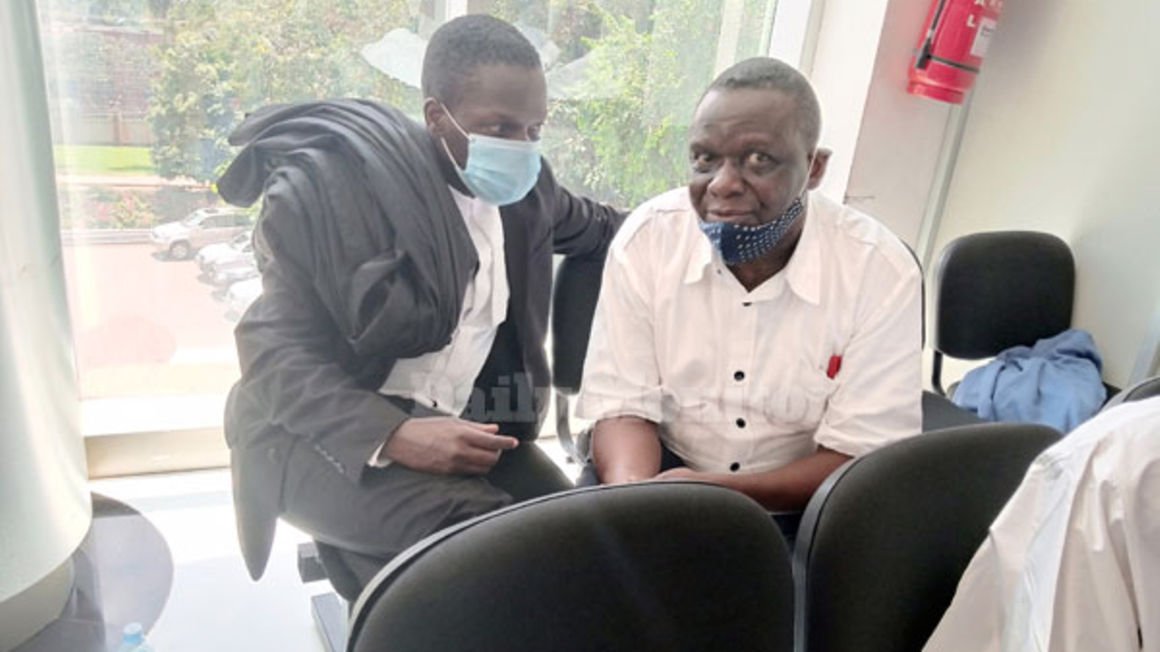
Prosecution told court that Kajubi committed the crime on October 27, 2008 when he hired witchdoctors Umar Kateregga and his wife Mariam Nabukeera to kill Kasirye, a pupil of Kayugi Primary School in Mukungwe Sub-county in Masaka District, for ritual purposes. According to the prosecution, Kajubi cut off Kasirye’s head and genitals and disappeared with them to be used in his real estate businesses in Kampala, Jinja and Masaka.
In April, police in Kiboga arrested parents of a three-year-old child following the killing of the juvenile in a suspected child-sacrifice ritual.
Preliminary investigations indicated that the child had left home to play with the neighbours’ children.
The police sniffer dog led detectives to the first scene where the clothes of the missing child were recovered soaked in blood.
Also recovered at the same place was a body part suspected to be a lower lip chin of the victim.
The sniffer dog further led the detectives to another scene at Kanoga swamp where a mutilated body of the victim was recovered.
Other body parts of the child had been cut off from the deceased’s body by the assailants and were visibly missing.
Source: Father kills own children for cash



